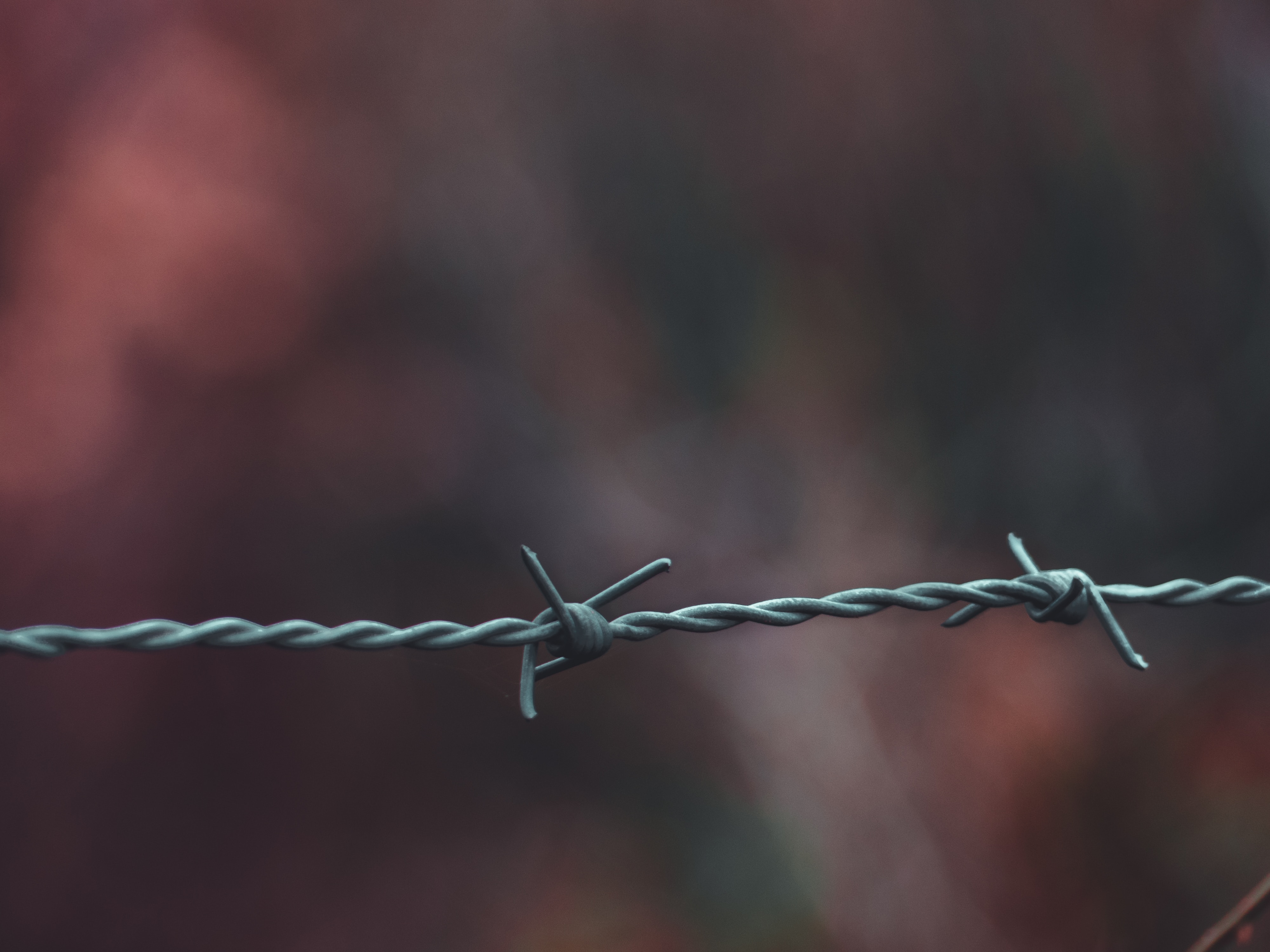Written by Vivian Taylor, Public Policy Intern with Jennifer Copeland, Executive Director
The United States of America is on the verge of war with Iran. Long-standing tensions have been exacerbated by the U.S. withdrawal from the Joint Comprehensive Plan of Action, also known as the Iran Deal, and the reimposition of U.S. sanctions. With the recent attack on two oil tankers in the Persian Gulf and the downing of an unmanned American drone, we are on the precipice of escalating violence. Iran’s announcement that they will no longer honor the restrictions on enriching uranium raises the specter of possible nuclear engagement.
From 2003 to 2010 I served in the North Carolina National Guard as a chaplain’s assistant. From July 2009 to May 2010, I deployed with my unit to Iraq. I was the bodyguard for the unarmed chaplain and my job was to protect him as we traveled from base to base. In that role, I also acted as a caseworker and counselor for the hundreds of soldiers in our unit, helping them work through issues like PTSD, substance abuse, divorce, and the other byproducts of working in a war zone.
My unit was stationed at the Basra International Airport, less than thirty miles from the Iranian border. Soldiers from my unit would run checkpoints at the airport looking for known terrorists coming or going from that country. The security chief for the airport was a tall Iraqi man who had been a professional boxer and was known as the “Hero of Southern Iraq.” Sometimes the chaplain would join the security chief at a little tea shop in the concourse of the airport, as I stood guard keeping an eye out for trouble. We got to know a number of the Iraqi people in the orbit of the airport and learned they are not significantly different from North Carolinians. Like most of us, they take care of their families and hope to get home safely from work or arrive safely at worship. 30 miles doesn’t make that much difference in people. The Iranians are regular people, too, created in the Image of God.
Iran is an ancient nation. It has survived centuries of wars with the Roman Empire, conquest by the Caliphate, and invasion and exploitation by Western powers. More recently, in 1953, Iran experienced American imperialism when their democratically elected leader was overthrown in a CIA backed coup d’etat and replaced by a puppet Shah, who was then later overthrown by the Iranian people. American intervention in Iran has typically led to more violence and distrust between Iran and Western powers.
Iran is not a nation that can be easily cowed by foreign powers. They are a cohesive people held together by their majority Shi’a faith. In the global Muslim faith community, however, Shi’a Muslims are a minority often oppressed by other majority religions. That experience of oppression has forged strong social and political bonds that have likely prepared them for any threat. A war with Iran promises to be a long and bloody affair. Iran will resist beyond America’s ability to imagine.
If we want to prevent Iran from pursuing nuclear weapons, the only reasonable path is diplomacy and economic incentive. We must make nuclear disarmament the best financial option for Iran. America and Iran each have the ability to threaten the other, whether through attacks on their own citizens, attacks on their allies, or attacks on their economic systems. A war between our two nations would be a disaster for everyone. Many innocent people will suffer.
Psalm 20:7 says, “Some take pride in chariots, and some in horses, but our pride is in the name of the Lord our God.” Horses and chariots were the highest military weaponry 2,500 years ago just as drones, missiles, and tanks are today. In 1 John 4:16 the author tells the early Christians, “Beloved, let us love one another, because love is from God; everyone who loves is born of God and knows God. Whoever does not love does not know God, for God is love.”
We all need to be aware of the dangers of entering into a war, any war. There is no good violence and because of America’s role in Iraq, we have a special responsibility to protect the people of Iran. We should not behave like Peter, who in anger cut the ear off of the slave of the high priest when the officials came to arrest Jesus. We should behave like Jesus who healed the wound and admonished his followers to stop resorting to violence. “No more of this” (Luke 22:51).
As U.S. citizens we have the power to tell our representatives we want no more of this. War is not the answer and this war especially will move our country even deeper into entrenched positions. Please contact your representative. Find out who represents you by clicking here.

